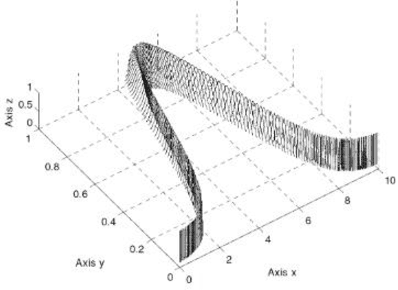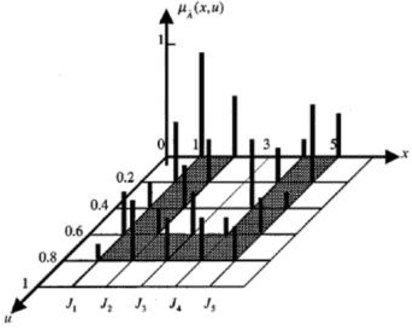Interval Probabilistic Fuzzy WordNet
Paper and Code
Apr 04, 2021

WordNet lexical-database groups English words into sets of synonyms called "synsets." Synsets are utilized for several applications in the field of text-mining. However, they were also open to criticism because although, in reality, not all the members of a synset represent the meaning of that synset with the same degree, in practice, they are considered as members of the synset, identically. Thus, the fuzzy version of synsets, called fuzzy-synsets (or fuzzy word-sense classes) were proposed and studied. In this study, we discuss why (type-1) fuzzy synsets (T1 F-synsets) do not properly model the membership uncertainty, and propose an upgraded version of fuzzy synsets in which membership degrees of word-senses are represented by intervals, similar to what in Interval Type 2 Fuzzy Sets (IT2 FS) and discuss that IT2 FS theoretical framework is insufficient for analysis and design of such synsets, and propose a new concept, called Interval Probabilistic Fuzzy (IPF) sets. Then we present an algorithm for constructing the IPF synsets in any language, given a corpus and a word-sense-disambiguation system. Utilizing our algorithm and the open-American-online-corpus (OANC) and UKB word-sense-disambiguation, we constructed and published the IPF synsets of WordNet for English language.
 Add to Chrome
Add to Chrome Add to Firefox
Add to Firefox Add to Edge
Add to Edge